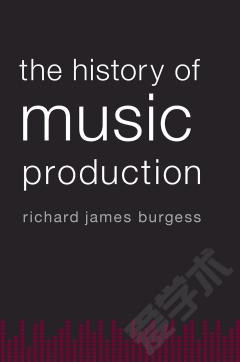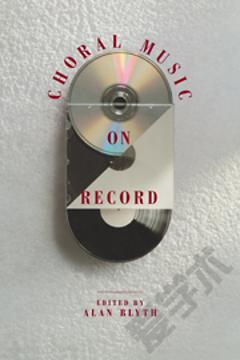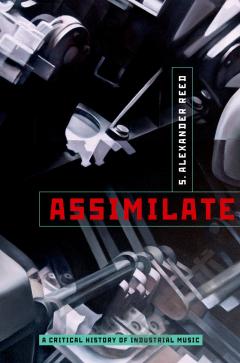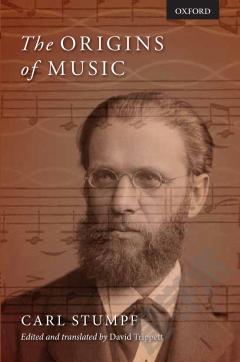The Musicology of Record Production
Recorded music is as different to live music as film is to theatre. In this book, Simon Zagorski-Thomas employs current theories from psychology and sociology to examine how recorded music is made and how we listen to it. Setting out a framework for the study of recorded music and record production, he explains how recorded music is fundamentally different to live performance, how record production influences our interpretation of musical meaning and how the various participants in the process interact with technology to produce recorded music. He combines ideas from the ecological approach to perception, embodied cognition and the social construction of technological systems to provide a summary of theoretical approaches that are applied to the sound of the music and the creative activity of production. A wide range of examples from Zagorski-Thomas's professional experience reveal these ideas in action. Proposes a new agenda for the study of recorded music and record production Discusses record production in terms of its collaborative creative practice and the interpretation of its musical output rather than in purely technical terms Co-chairman of the Association for the Study of the Art of Record Production, Zagorski-Thomas has a unique overview of the developing culture of research and teaching about record production
{{comment.content}}








 京公网安备 11010802027623号
京公网安备 11010802027623号